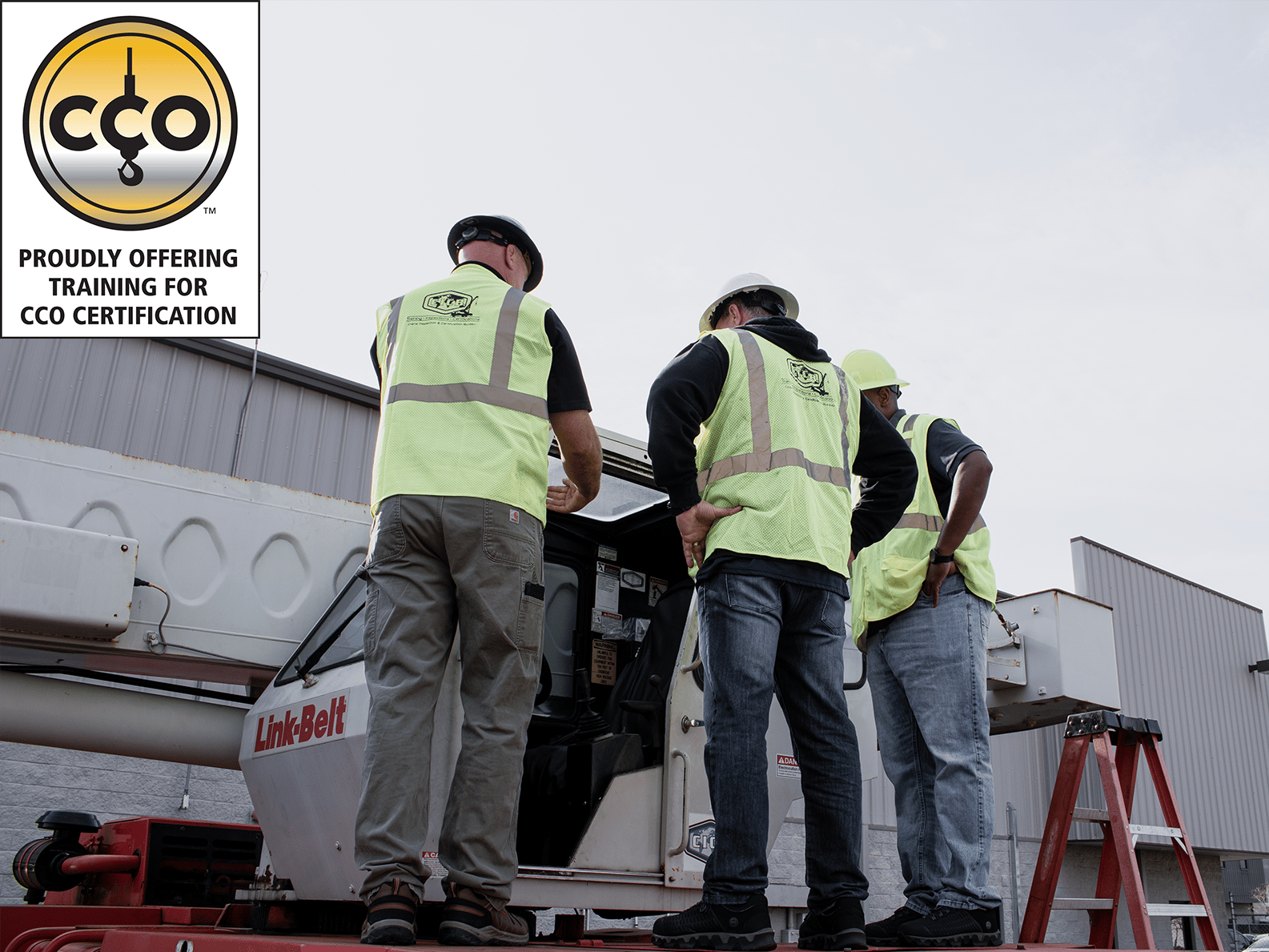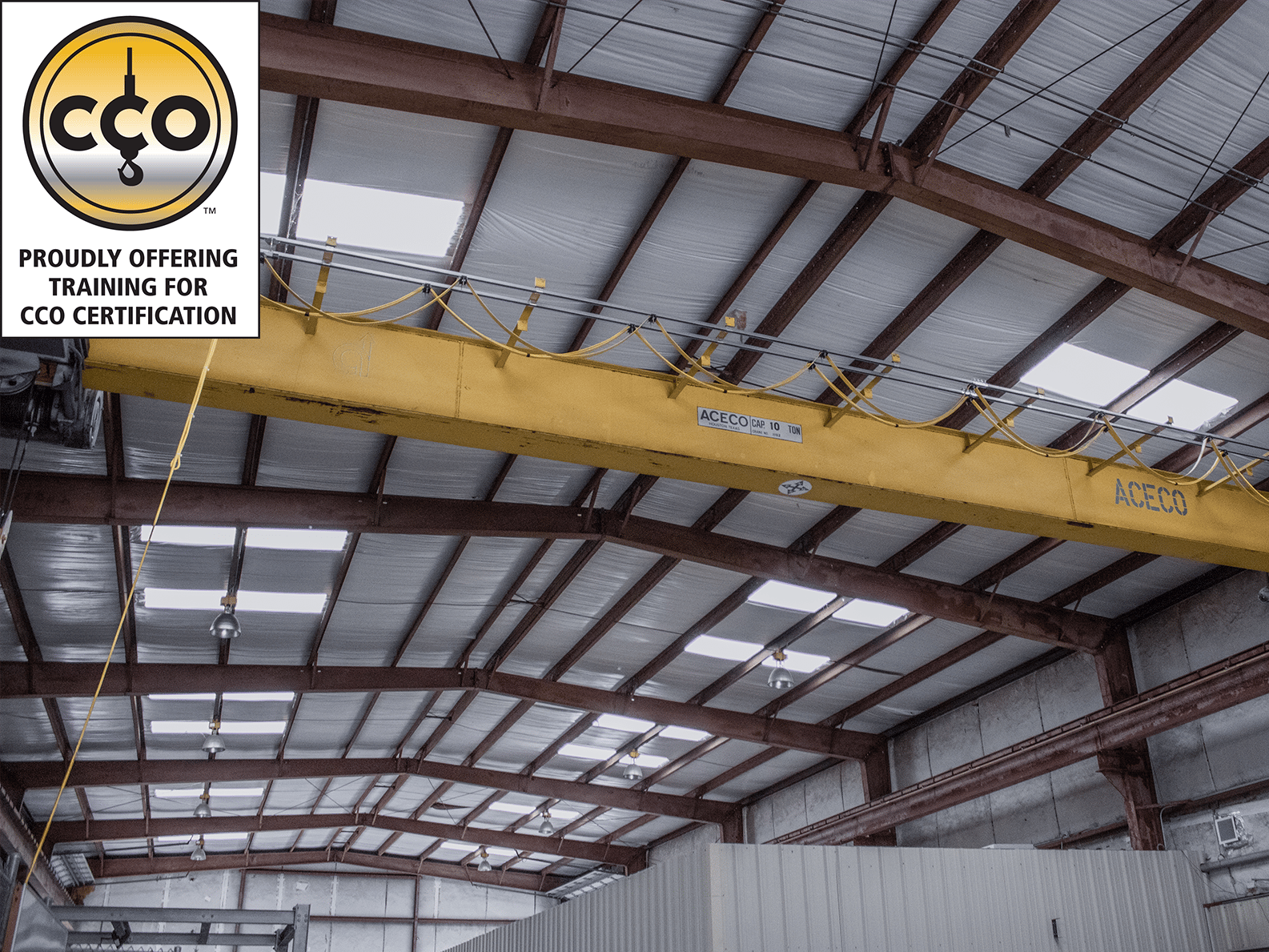
Crane Inspector Training
Comprehensive Crane Inspector Training Customized to Your Operational Needs
Inspector Training Programs
Crane Inspector Training Overview
Do you need crane inspector training? It is beneficial to have a trained crane inspector on-site to ensure these large pieces of equipment operate safely and efficiently. With a trained crane inspector on your team, you no longer have to outsource costly crane inspections. Here at CICB, we offer industry-leading crane inspector training to streamline your construction or manufacturing processes.
Crane Inspector Training
Crane inspectors must be able to identify potential and existing faults on a variety of crane systems. Crane inspectors check each component regularly to ensure safe and effective lifting. Crane inspector training from CICB equips inspectors with the necessary skills to conduct mandatory checks involving:
Mechanical: Crane inspectors have to familiarize themselves with the mechanics of overhead lifting machinery so that they can identify malfunctions or worn mechanical components.
Structural: It is essential to check the crane's structure for defects or vulnerabilities that may lead to structural failure.
Electrical: Inspectors require a thorough understanding of the crane's electrical components to check for hazardous defects.
Safety systems: To prepare for emergencies, inspectors must be able to locate and inspect the crane's safety systems.
Crane Inspector Training Near You
Our headquarters are located in Houston, TX, but we offer national and international crane inspector training options. We strive to= provide convenient and cost-efficient training programs for employers across the globe. Our instructors can travel to your location, or you can visit one of our nearby training centers in Houston, Orlando or Phoenix.
Why Choose CICB for Crane Inspector Training
At CICB, we specialize in all crane-related training, from operation to inspection. We have a team of subject matter experts who are familiar with the latest industry standards and have the necessary skills and knowledge to train your crane inspectors. All of our crane inspector trainers are certified adult educators who provide individualized lessons.
Our main priorities are safety and efficiency. Failing to inspect your cranes could lead to severe injuries and expensive damage. We take pride in helping employers make their industrial facility or construction site a safe place to work.
NCCCO Crane Inspector Training
CICB also offers comprehensive CCO crane inspector training programs. We structured these programs to include a detailed study guide and interactive lessons that cover visual inspections, load testing and operational testing.
Before scheduling a crane inspector training program, candidates must apply to the NCCCO to determine whether they meet CCO experience requirements. It is recommended that crane inspector applicants have at least 2,000 hours of documented and relevant work experience spanning over a five year period.


“I took the one-week Crane Operator course at Orlando. The program was run very well ... As I run the crane today, I still think about things he showed me in the training. I would recommend this course to anyone.”
Tom C. - Local 7 Plumbers and Steamfitters
Contact CICB for Crane Inspector Training
At CICB, we offer employers an easy and cost-effective way to send their team for crane inspector training. If you would like more information on our crane inspector training programs, please fill out an online form. One of our professionals will get back to you and answer your questions.
Partner with the Industry Leader
Why CICB?
-
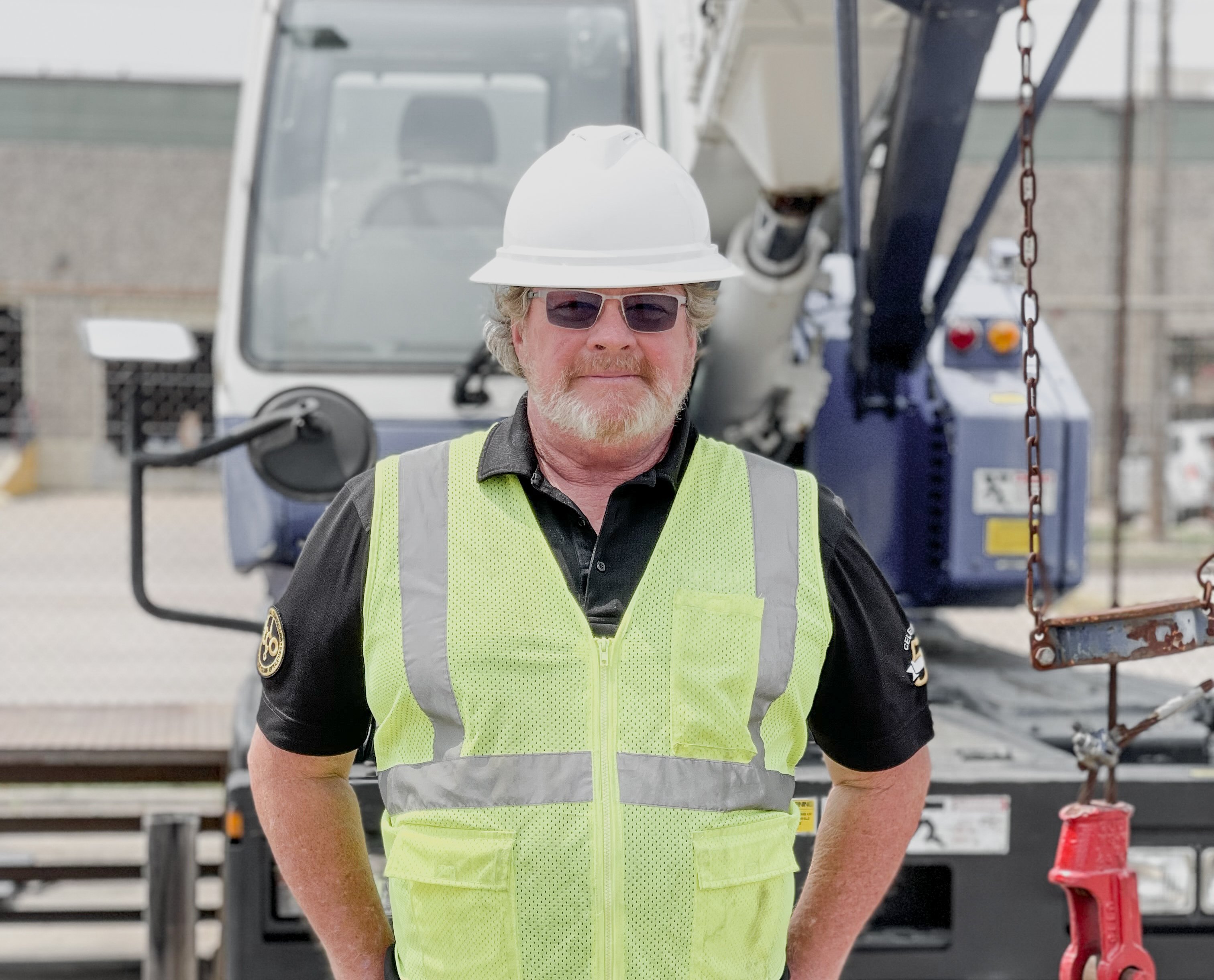
CCO Commissioner

John O'Connor is CICB's Houston Office General Manager and Career School Director and serves as an NCCCO Commissioner
-
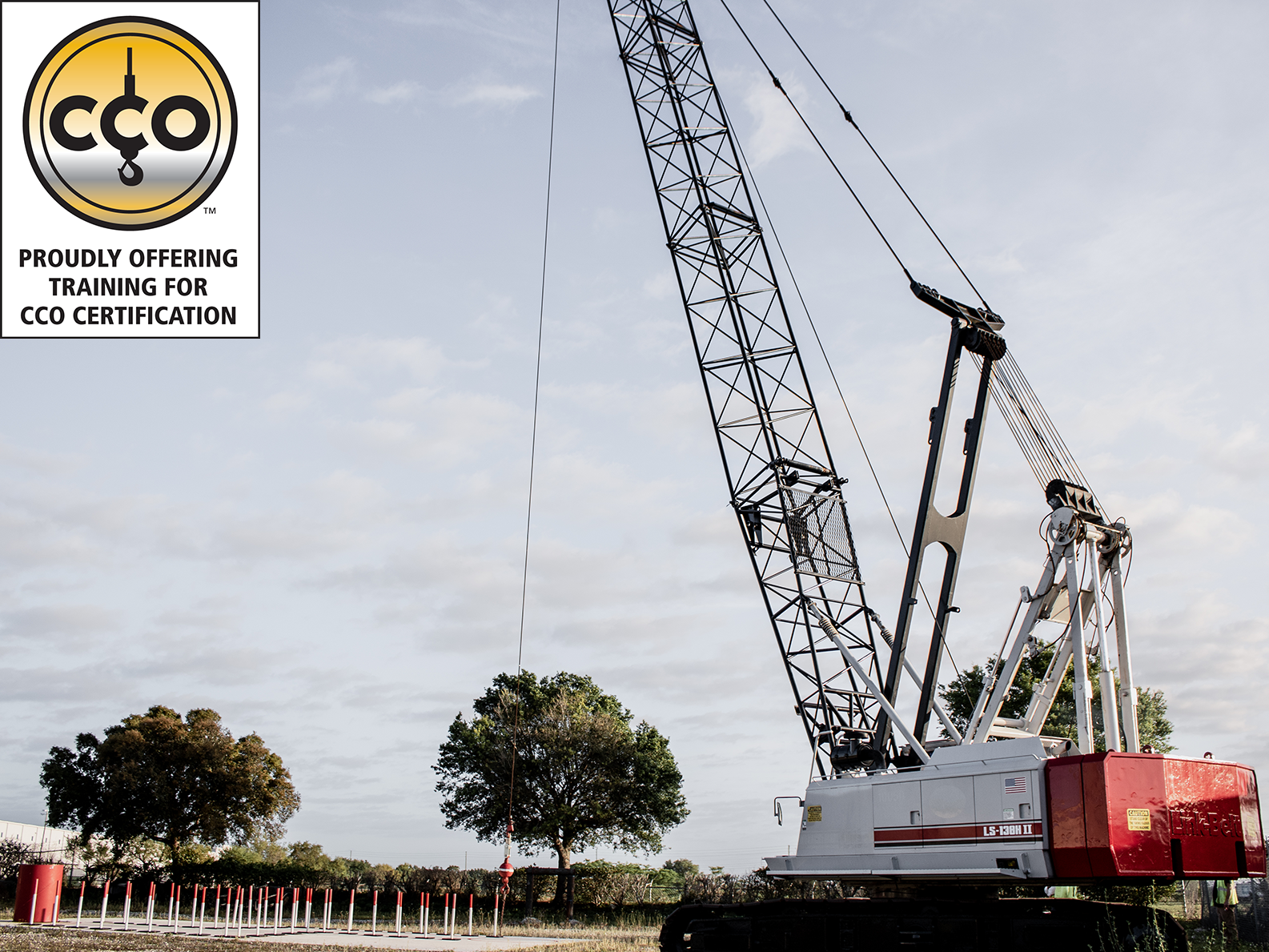
CCO Certified

CICB's instructors are CCO certified in the subject matters they teach and accredited as CCO Practical Examiners.
-
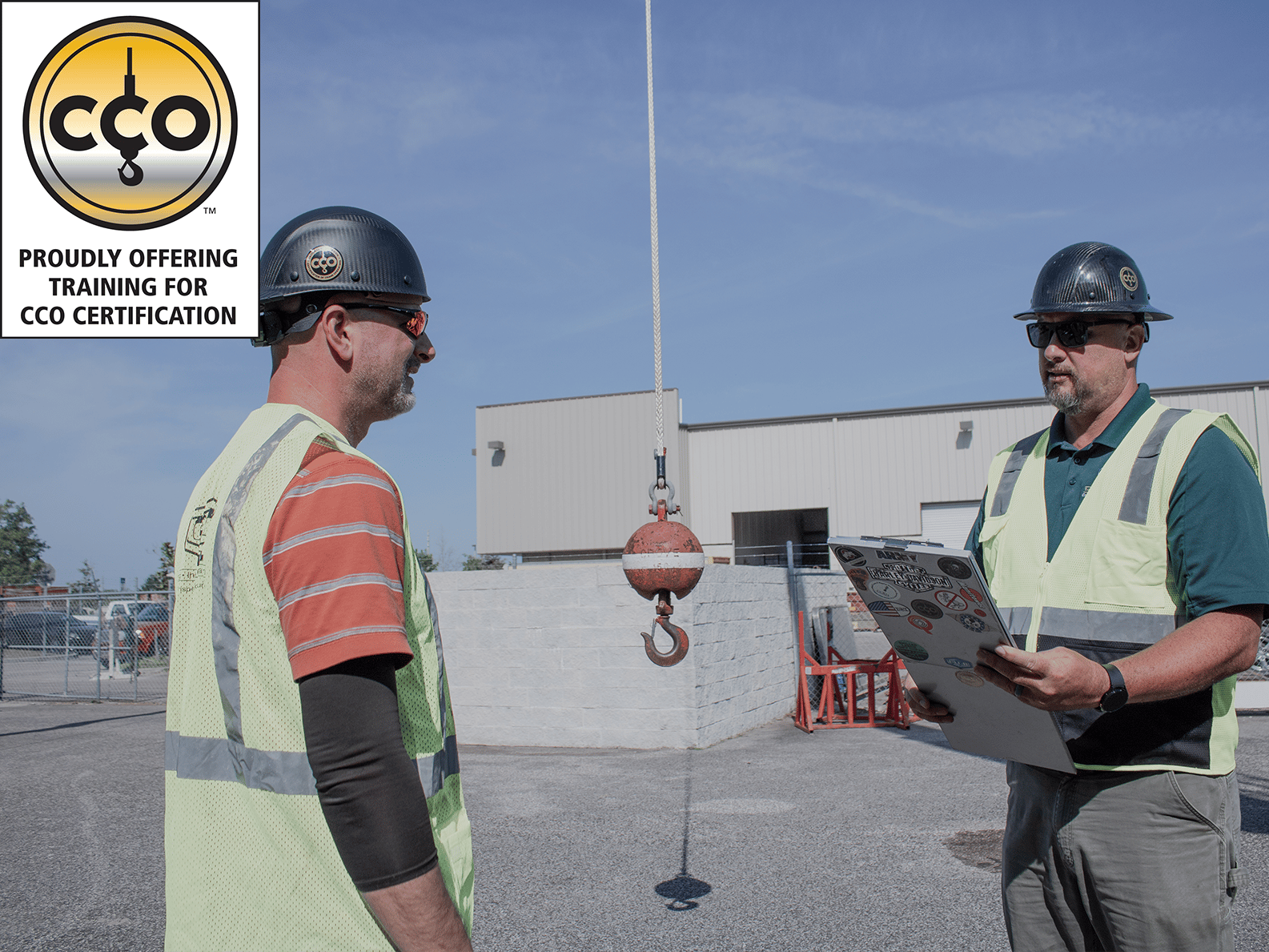
CCO Spanish Developer

CICB has partnered exclusively with the NCCCO since 2003. We were a major contributor in the development of Spanish testing during the pilot program phase.



